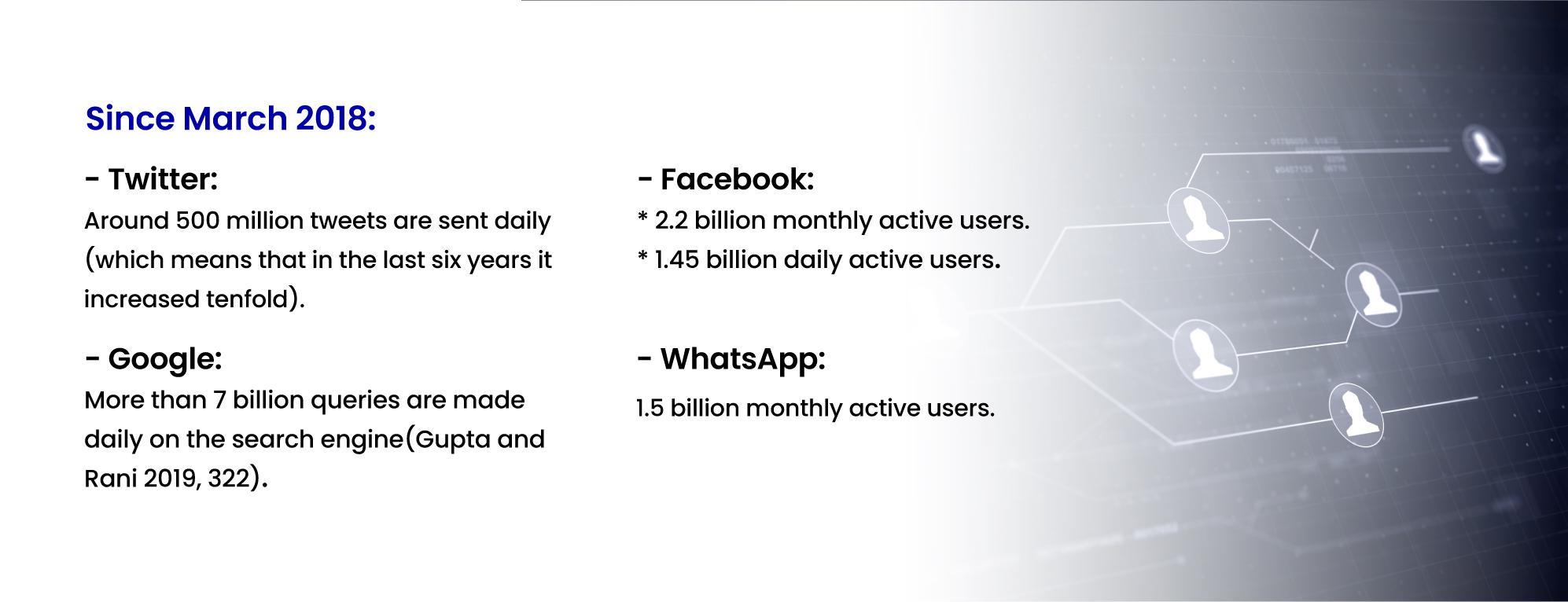Insights
The data science trilogy: culture, digital transformation, and business intelligence
6 min read. María Lucía Villegas
María Lucía Villegas
María Lucía Villegas
Strategy ConsultantIt’s very much known that data science is one of the main contributors to a company’s growth. It is known that it brings many benefits like resource optimization. For example, when Southwest Airlines saved almost $100 million by leveraging data. Yet still there aren’t many companies that feel certain they’re using data like they should (or think they should).
So what should be the best pathway to implementing data science and actually taking advantage of it? The answer is unclear because for every business each strategy will be different, however, there are three factors to have in mind, that we call the data science trilogy and are culture, digital transformation, and business intelligence.
Let’s say you’re a business owner that is researching into data science and are interested in implementing it, as your company collects big amounts of data and it’s not being used for anything. So in order to improve your company’s operations, communications, and relationships, you think would be a good option to start using data in the decision-making process of new projects and improvements.
So very excited you hire a data scientist to solve all your problems. He starts the project with real objectives and a clear purpose of his role in the company and sometime later he delivers a very thorough analysis of the company’s database with clearly important insights. Unfortunately, even if you recognize the value of the report, neither you nor your team can understand it.
That is how your data analysis dies. It’s not the data analyst, it’s not the project itself, it’s that the people who are actually the ones that are gonna use it don’t understand it, if they don’t understand it, how can there be improvements based on these insights?
Let’s see another example, you’re the CEO of a company that provides services to other companies. You are certain that your work is impeccable but are having trouble growing, you have the same clients you did when you started, which is fine, but you’d also like to increase your sales in order to expand. So you decide to hire and business analyst to find out why you’re not getting any new clients and be able to start focusing on real actions to change that.
So the team arrives at your company, starts their research, and when the time comes to look into your database to identify your current clients you give them a very complete but very physical book with all your sales records in the past five years.

It’s not even worth it to finish that story because you probably know how it ends. The purpose of this article also isn’t to lecture about the importance of digital transformation in 2021, which is an overstatement at this point. The purpose of this article is to illustrate why data science is not only a job to be done, but affects different factors and it can go very well but also very badly depending on how we prepare for it.
A company that is looking to expand its horizons and start using data science to improve any of its areas (or maybe all of them), needs to include these three factors in its strategy. For one, organizational culture will define the results of any project in the making, so it’s an understatement to say that it needs to be added to a data science strategy. On the other hand, digital transformation is needed to gather data and of course, analyze it. And business intelligence is powered by the first two factors and most likely potentiated in the process.
So let’s start with organizational culture and how can it be prepared for data science. Starting to implement new strategies, tools or methodologies can be overwhelming for your team. Even if it’s a team mostly of young people, that adapt easier to change, this also means that their work structure can be affected and also affect their results. Doesn’t matter how your team is integrated, it will always in one way or another, in short, or long term affect the results.
Implementing data culture in a company is almost like changing the whole culture of the company. That’s why it is a whole process of educating and showing your employees the value of data science. There are a few actions to mitigate the impact of these new ways like including different areas of the company in data science projects so they can see the value as the project is being executed and at the end it’s easier for them to understand where it all came from.
Another important point to have in mind when implementing data science in your teams is to understand that they’re not data analysts and it will be counterproductive to try and turn them into ones. One thing is providing data and insights to, let’s say, your marketing or business team, so they can make decisions based on it and another very different thing is asking them to analyze the data collected.
Imagine being a politics reporter and out of nowhere being asked to run for congress. Not the same thing, not experienced enough, not qualified enough. That’s what happens when you ask your employees to play the data scientist part. Data science is not an activity, it’s a whole field. Treat it with the respect it deserves.
Where can you start with implementing data science? Well, get into the data mindset yourself. To build a rich data culture, executives need to be the first ones to include it in their plans and with that, bring their teams along.
It’s basically the same thing when it comes to implementing digital transformation in a company. It always comes from up all the way down. If you’re interested in data science let’s assume you already went through or are going through a digital transformation process, it’s okay if you’re not all the way there (who is though?), what is important is that you already have a data collection process automatized, even better if you’re using machine learning and AI.
If you’re not, that’s okay, you’ll get there. But to start, digital transformation is not only important to complement data science but data science has a big part in a company’s digital transformation process. It’s a two-way relationship.
It would seem obvious that one thing complements another and the other way around. But if we look up numbers, a Gartner report shows that fewer than 50% of corporate strategies mention data and analytics as fundamental components. It makes sense though, only until the past year, as a pandemic consequence companies started taking digital transformation more seriously and as they’re only adopting and investing in it, now they have another thing to worry about.
This is why business intelligence is the third part of this trilogy. Not all companies are in the same condition to adapt fast and completely to these digital changes, that is why making the best decisions and prioritizations is key to a company’s digital development.
In whichever part of the process you are, it is crucial that you take advantage of the data you’re collecting and make responsible, data-driven decisions. Besides helping you make better decisions, it also gives you real facts and argumentation for when you’re presenting a project to stakeholders.
Now that we’re clear with the positive impact that including these three factors in your digital strategy, what can be a valid starting point for implementing data science? Answering these questions can give you a perspective on where you stand and what can be the prioritization of the next steps:
1. Human resource-related matters:
- Does your organization has enough capabilities to implement data science?
- Is your organization ready in terms of data culture for this change?
- Do your employees recognize the value of data-driven decision making?
- Is your team able to collect data from their daily tasks? Are they currently doing so?
- Is your organization ready, in terms of processes, to collect and manage data?
- What is the role of data as of this moment in the company’s policies?
- Are you ready to build a data culture?
- How would you think your team takes this new take? How can you mitigate any risks?
- What are you willing to give up in order to make this project successful?
2. Technology related matters:
- Does your organization have the technology to implement data science?
- Are you able to collect data and analyze it as you do so?
- With your current technology, how complicated would be this task?
- Are you working on solutions that can classify data and curate it?
- Can you identify what are the problems that you need to solve?
- Is your current technology able to provide you with the data you need to solve those problems?
- Is your organization solid in terms of tech solutions and processes?
- Do you have appropriate data security and privacy policies?
There are no correct answers to these questions, because for every company the pathway is different and the situation too, as we mentioned before. It is important though that in the process of making a digital transformation and starting to take advantage of data these questions are asked before compromising to anything that will take time and resources.
This being said, Data science and digital transformation are a reality that we can’t avoid. And it is better to start implementing them sooner rather than later in order to stay relevant, improve your processes and accelerate your business’ growth.

Written by María Lucía Villegas
 María Lucía Villegas
María Lucía Villegas
Lu provides expert guidance in shaping business strategies and achieving growth. Her analytical skills and industry insights help clients navigate challenges and capitalize on opportunities.

